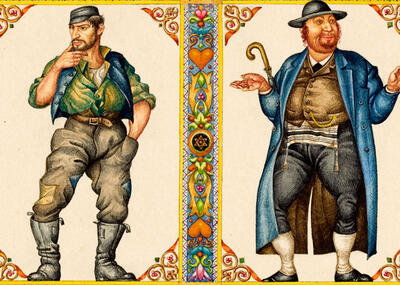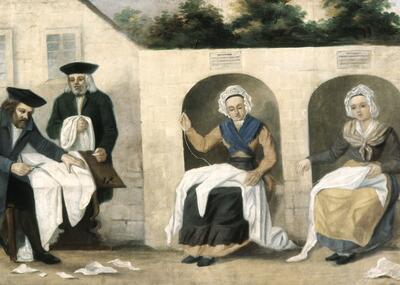Miriam HaNeviah
Miriam haneviah, oz vezimra beyadah
Miriam tirkod itanu lehagdil zimrat olam
Miriam tirkod itanu letaken et ha’olam
Bimheirah veyameinu tevieinu el mei hayeshuah, el mei hayeshuah
Miriam, the prophet, strength and song are in her hands,
Miriam will dance with us to strengthen the world’s song,
Miriam will dance with us to heal the world.
Soon…
Please login or register for free access to Posen Library
Already have an account?




